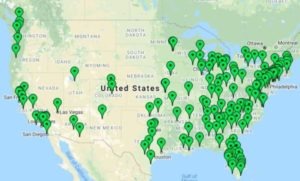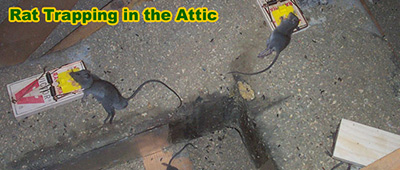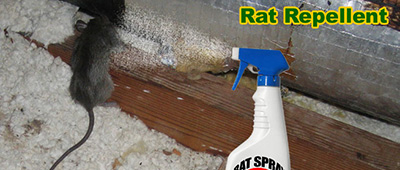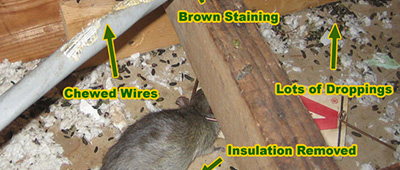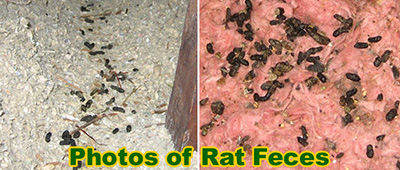Here are a few fun fats about rats we are sure you didn't know ... Firstly, rats are actually expert swimmers. Sticking with that theme, they have also been known to hold their breath for a long time - for up to three minutes at a time - making them perfectly adapted to making their way through sewer systems. Let's add another fun fact to that too - the spine of a rat is hinged at the hips, making it easier for them to crawl, wriggle and swim through the smallest, most awkward of spaces.
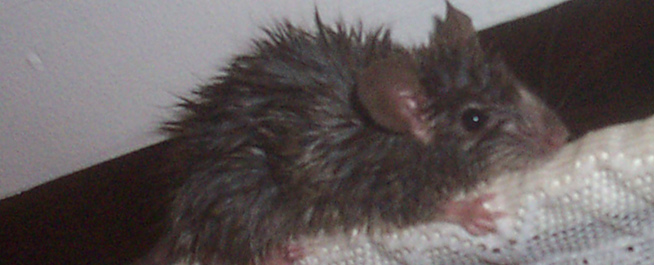
Rats actually swim UP your toilet. If there was ever an advertisement for putting the toilet seat down, we think that's probably it. They can apparently swim for three days straight before they find themselves exhausted and unable to continue, and it's been shown that we actually known very little about the almost magical powers that these rodents possess. We definitely shouldn't be underestimating them, that's for sure.
Another fun fact - rats have the lowest tolerance for hunger. If you want to get to the root of a rat problem, look for the source of food - that's what they think about the most. They will literally move their way around the world, from city to city, country to country in some cases, on the hunt for food. Starting with the source of food is often a great idea when you can't figure out where they are or what they're doing there. This is the case with many wild animals that may invade your commercial property or residential building.
Going back to the point we made about rats swimming through sewers earlier on, the threat of a rat popping up through your toilet is actually on the increase. Lots of food gets flushed through our waste pipe systems, and this is close to a five-star meal for some of them. If they can't find any food, animal and human waste product often contains nutrition in the form of food somewhere. It really is disgusting the lengths that these animals will go to in order to eat. Now do you understand why they would want to stay in your home if they can?
There's another reason why you definitely don't want the rats in your water system, whether it's at home or otherwise. They carry the threat of so many diseases, some of which can be transferred to humans by way of urine and rat poop (which will end up in the water if they are swimming in it). Do you really want rats contaminating your water systems?
If that wasn't bad enough, what happens in the chance that your rat gets stuck in your pipes somewhere? And then dies? That will attract plagues of flies like you'd never seen before, and then you'll need to pull apart your entire plumbing system, piece by piece, trying to find a rat that has died and is starting to decompose.
There are things that you can do to ensure rats don't get inside the water systems, sewage or otherwise, in your home. Make sure that all drains on the exterior of your home are covered in someway. Mesh wiring can be used for this, but make sure you don't rely on anything made out of plastic or wood - rats can chew right through both of those materials.
If you have uncapped pipes, cap them. You can buy lattice-style covers for those too, and if not, you can fashion something out of that steel mesh wiring again. The trick is to sense the problem before it arises, stopping rats from getting in, in the first place.
Take a peek at your pipes - is your home safe?
Go back to the Rats in the Attic home page.
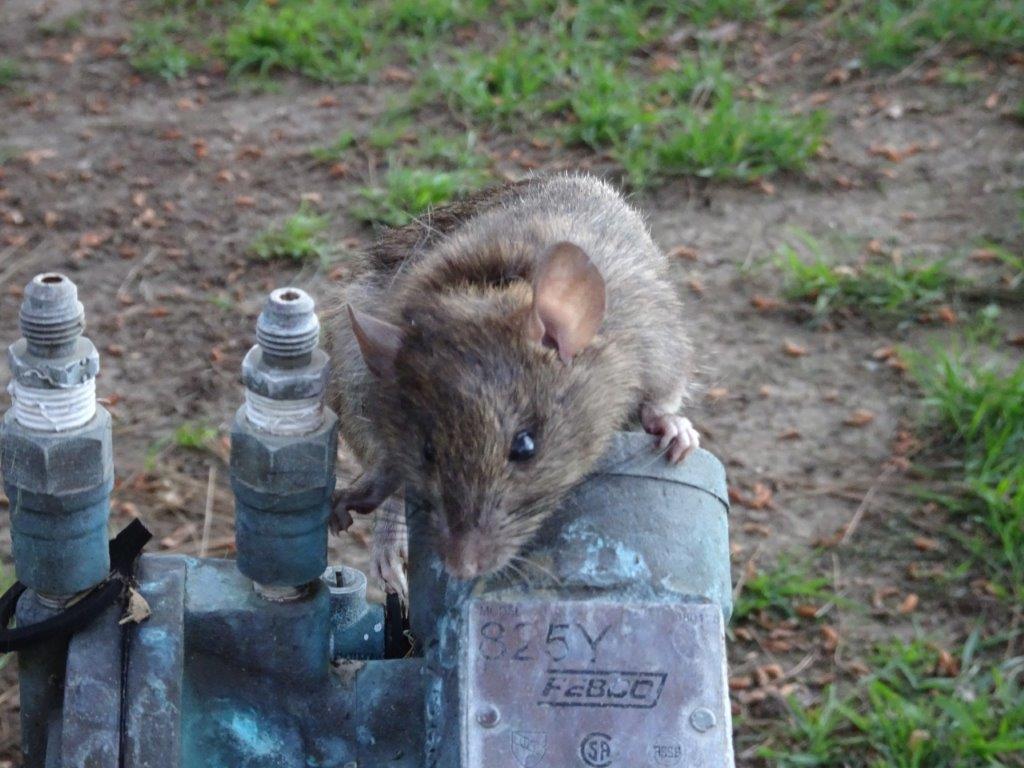
If there is any one species in the world that better encapsulates the idea of “survival of the fittest”, rats are sure to be a top contender. Despite their reputation for causing immense damage and being generally quite creepy, rats are remarkably intelligent creatures. They have excellent memories, which can make trapping them very difficult, and they have throughout history managed to overcome almost every method by humans of removal and prevention.
Rats are notorious for being spreaders of an array of harmful diseases, which they transmit either by carrying ticks, fleas, or parasites in their fur or through their urine and feces. Like many rodents, they also have a habit of eating virtually anything and everything they can get their claws on, as well as chewing on hard surfaces to keep their long, sharp teeth maintained.
Although considered very much a land-based animal, some species of rats are decent climbers, able to scale walls and get to high places if the surface is rough enough for their claws to catch on. In fact, their climbing ability is what allowed rats to spread all over the world, as they were able to get onto sailing ships and reach new continents with ease.
One of their best climbing tools is their tails, which they use for balance, allowing them to race across narrow pathways like electrical cables with ease. They are also good at jumping, with reports suggesting they can leap 36 inches vertically and almost 50 inches horizontally.
Unfortunately, as further proof of their expertise in adapting and surviving, rats actually can swim, and because they can fit through gaps the size of a quarter, they can get pretty much anywhere by swimming. Not only do they have the ability to swim, but rats are also surprisingly great at it, with some reports suggesting they can swim or wade in water for as many as three days without drowning.
With their small size and excellent swimming ability, it is no wonder rats are so easily able to invade our houses. Some homeowners, especially in urban areas, have even reported having rats enter their property via the toilets, swimming through the sewage system by holding their breath for as long as 3 minutes. Rats swimming in water often get confused with water voles as they both have similar brown fur.
Some species of rats are better at swimming than others. For example, there are some breeds that live in swamps and waterways which have naturally adapted to live and hunt in the waters, even feeding on small fish or crab.

